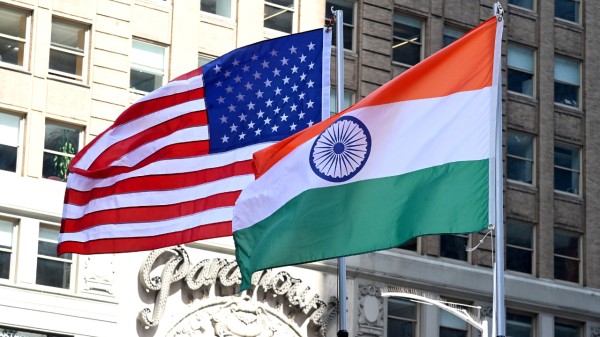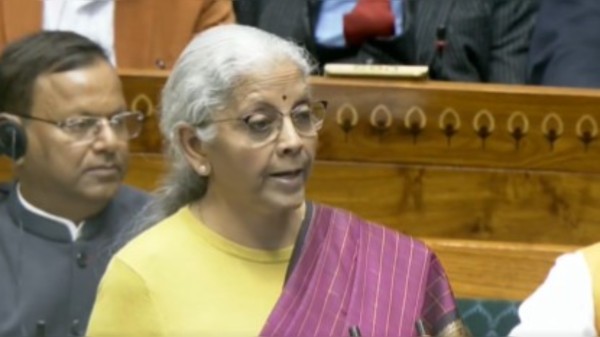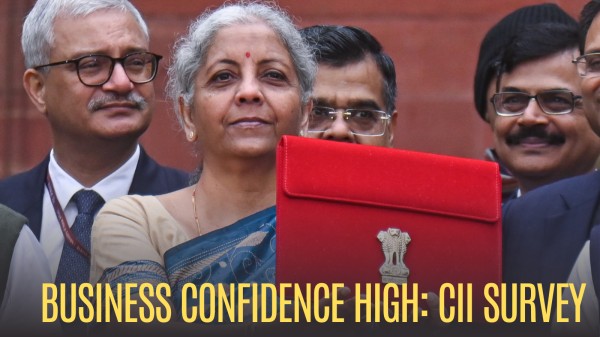

By signing in or creating an account, you agree with Associated Broadcasting Company's Terms & Conditions and Privacy Policy.


By signing in or creating an account, you agree with Associated Broadcasting Company's Terms & Conditions and Privacy Policy.

Kolkata: How many times have we all said to ourselves "I deserve a bigger house, a bigger car, a laptop/phone with top features or the latest generation white goods?" Or, that we need to throw lavish parties now that I have reached a certain position in office. We work hard for the larger time for the day. We often get rewarded for it with a generous salary hike. It is only natural for us to feel entitled for a little bit more in everything. But exactly here, warn experts, lies the dangers of lifestyle inflation.
"Life is packed with experiences and changes and with every progress you make, you might find yourself wanting more. You may upgrade your phone, order gourmet food items or even choose to dine at fancier places. This gradual increase in expenditure with the rise in income is called lifestyle inflation. While it is natural for you to relish the fruits of your hard-earned money, substantial lifestyle inflation can hinder your future goals and financial stability," warn Kotak Mahindra Bank.
Many of us are, often quite imperceptibly, competing with our friends, relatives or colleagues when it comes to consumption and lifestyle. If any of them buys a bigger flat, we feel the urge to do the same, even when we might not actually need one. The same thing goes when they go on a luxurious vacation or buys a bigger car or even fancy gadgets. Social and psychological pressure add to this urge. We might have some more money in our pocket but the urge to spend is almost invariably far more than what the salary hike gives us.
"The real trap: Lifestyle inflation. The moment income rises, so do the expenses. From Uber to driver, from Goa to Greece. The hunger to “upgrade” never ends. And now we call it standard living instead of luxury," Nitin Kaushik, chartered accountant, mentioned on his social media posts.
One must set one's financial goals early in life -- a few years after beginning work. These should be major goals and these should be divided in the short, medium and long term. This blueprint will guide you in your savings and investment journey. The point to remember is that one should not deviate from this blueprint. It will automatically prevent your from incurring too much expenditure. You should resist the urge to splurge no matter how handsome the rewards from place of work.
A monthly budget is essential to manage one's finances. It will also check one's urge to overspend. If you have generous salary hikes, it doesn't harm in increasing allocation to discretionary expenses but it should not upset one's budget. Moreover, one should remember, it is essential to increase one's investment as it is tempting to consume more.
Feeling temptation is human. But it is also necessary to rein it in. Indian traditional wisdom tells us that comparing oneself with peer group on consumption could only lead to undesirable consequences. Stay within your limits and stay happy. The problem of raising lifestyle by a few notches is that it is difficult to climb down once you move up. And given nasty surprises that life often springs on us, who knows when is the next one waiting for you.












